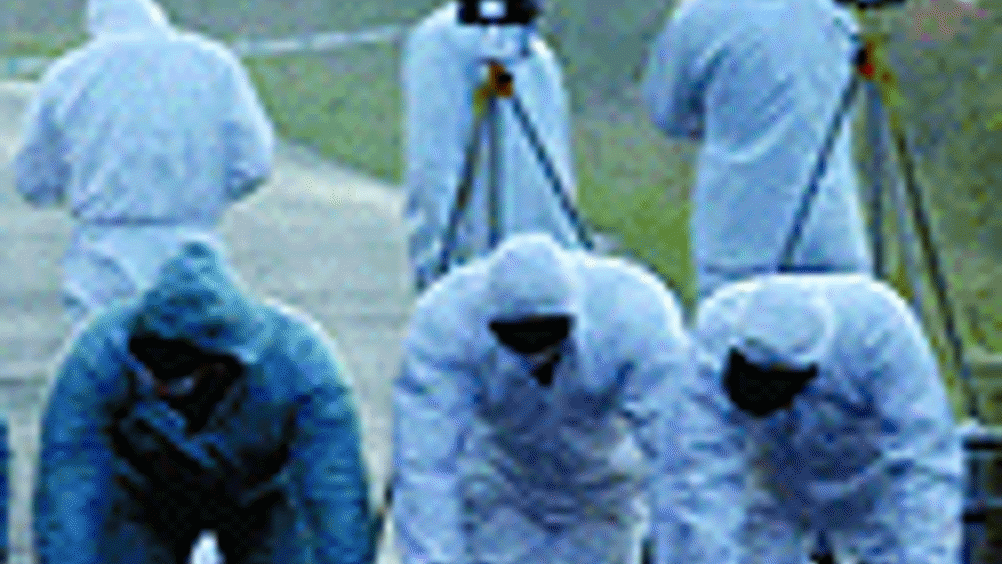DNA profiler
The Forensic Science Service has launched software technology that can obtain DNA profiles from previously unusable samples, a development that could lead to the reopening of thousands of cold cases.

The UK’s Forensic Science Service (FSS) has launched software technology that can obtain DNA profiles from mixed or poor quality samples.
According to FSS research manager Martin Bill, the technology - called DNAboost - could prompt police forces to reopen many thousands of cold cases where DNA evidence was weak or not statistically strong enough to be searched against the National DNA Database (NDNAD).
In a three-month pilot study conducted by police forces in Humberside, Northumbria and South and West Yorkshire, DNAboost increased by 25 per cent the number of searchable profiles from the 2,000 samples used in the trial.
The FSS handles around 100,000 DNA samples a year. Of this figure, approximately 10 per cent of samples are deemed unusable because they contain DNA from more than one person, which could have come from blood and saliva as well as skin flakes, dandruff and sweat.
In these circumstances it can be difficult to unscramble the mixtures of DNA found at the crime scene.
Register now to continue reading
Thanks for visiting The Engineer. You’ve now reached your monthly limit of news stories. Register for free to unlock unlimited access to all of our news coverage, as well as premium content including opinion, in-depth features and special reports.
Benefits of registering
-
In-depth insights and coverage of key emerging trends
-
Unrestricted access to special reports throughout the year
-
Daily technology news delivered straight to your inbox










Fusion inches closer as ITER completes magnet system
I believe the purpose of ITER isn't to make usable power, it is a research project which will be used to design the first generation of actual...